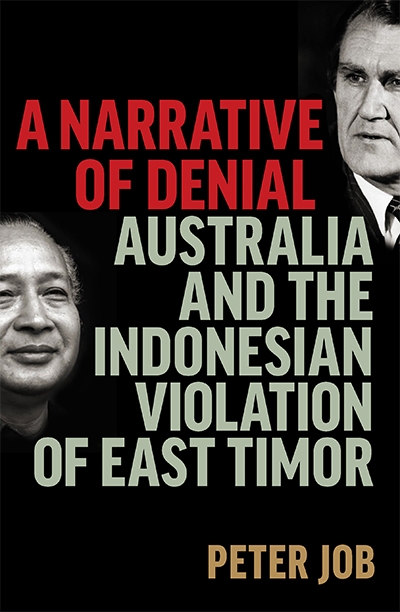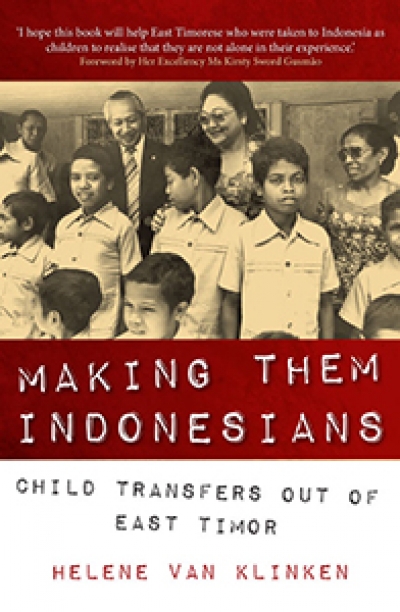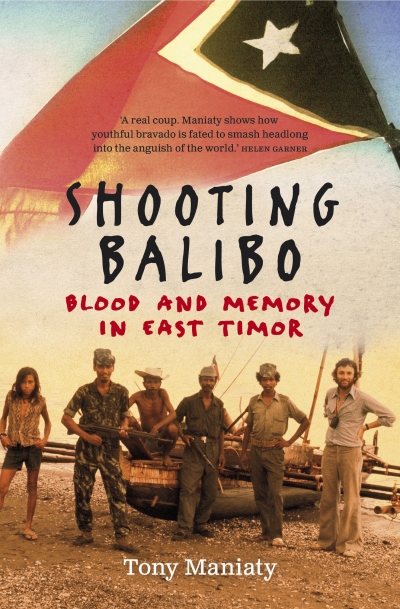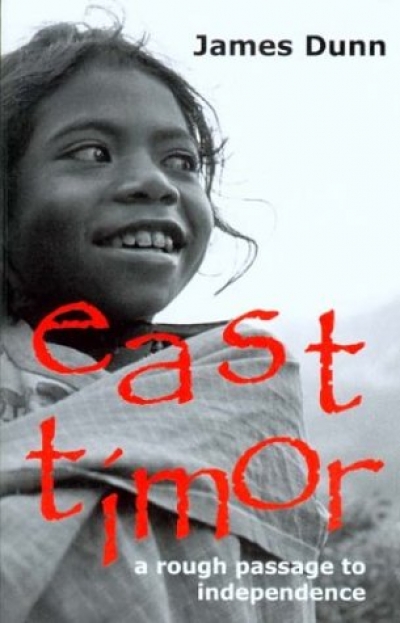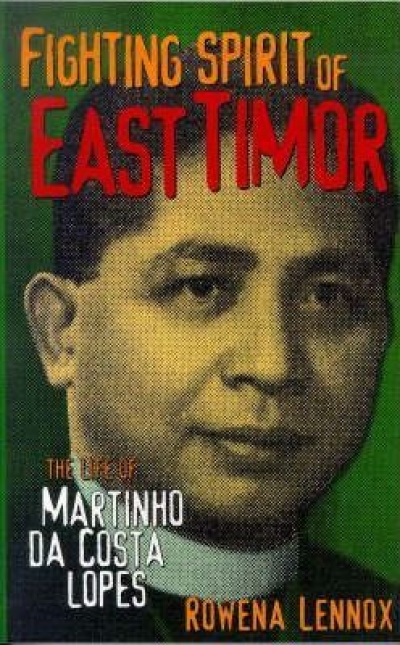East Timor
In an age of disinformation, whistleblowers such as Julian Assange and Edward Snowden have been accorded the status of folk heroes. And yet, as their respective cases show, no other act of public service is harried as ruthlessly and vindictively by governments whose secrets have been aired. In this episode of The ABR Podcast, listen to Kieran Pender read his cover feature for the April issue, in which he argues for stronger whistleblower protections by examining the case of Bernard Collaery.
... (read more)A Narrative of Denial: Australia and the Indonesian violation of East Timor by Peter Job
by Ken Ward •
Making Them Indonesians: Child transfers out of East Timor by Helene van Klinken
by Jill Jolliffe •
Shooting Balibo: Blood and memory in East Timor by Tony Maniaty
by Jill Jolliffe •


